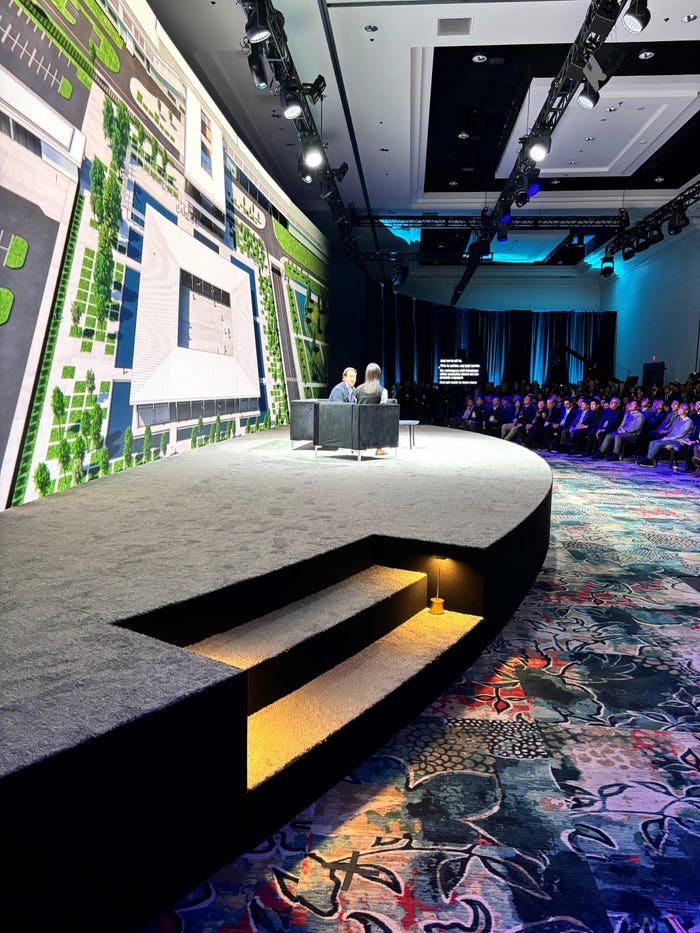Hyundai Lays out Software, AI Master Plan
Company also plans for prominent use of hydrogen as a tool in bid to achieve carbon neutrality by 2050

An explanation of its software and AI strategy, plus a renewed commitment to hydrogen, were the key themes promoted by Hyundai at CES.

The South Korean automaker laid bare its new Software-defined Everything (SdX) vision, which aims to create a new mobility ecosystem for customers.
At the heart of this would be the software-defined vehicle (SDV) and the company provided a few examples of what can be expected with SDVs as it rolls out the program.
Among the highlights is the prospect of a new infotainment system that will support a vehicle app market created by Hyundai (rather than the likes of Apple or Google).
This would, of course, present an opportunity for additional data collection and revenue for the company, and to encourage participation, it says it will “provide software development kits for developers to create killer apps.”
The company has also pledged to integrate its own Large Language Model into its AI assistant and navigation tech, which will deliver more natural conversations and enhanced safety.
And as SDVs become more common, Hyundai says it intends to make it easy to operate large-scale fleets with a suite of tools that includes management services, real-time data analytics and vehicle insights, without the need for telematics devices.
Longer term, the company revealed how it plans for its vehicles to transition from software-defined to AI-defined, where they continuously learn how to better serve customers, and can be autonomously updated and maintained.
Beyond this, the ultimate goal is to develop a concept called Cloud Transportation, which would incorporate software and AI-defined devices to create a mobility ecosystem where transportation-as-a-service is available to everyone in an interconnected smart city infrastructure.
“As a mobility solution provider, our vision goes beyond vehicles,” confirmed Chang Song of Hyundai’s SDV division.
Hyundai’s commitment to its software strategy was underlined last year by it taking a $100 million stake in Canadian AI chip maker Tenstorrent, whose CEO Jim Keller added: “Hyundai is building cars, factories, robots, autonomy, infotainment and smart systems. Tenstorrent is aligned with every part of that vision.”
The company also used CES to shine a light on its prominent use of hydrogen as a tool in its bid to achieve carbon neutrality by 2050.
Hyundai has long been an advocate of hydrogen, delivering the first-ever mass-produced fuel cell vehicles (FCVs) and currently claiming the world’s highest market share in hydrogen-powered vehicle sales, despite a general lack of infrastructure.
It has even been testing autonomous FCVs in China, while other hydrogen-powered solutions include trams, vessels and even advanced air mobility.
As part of its increased focus on hydrogen, the company said it would expand its HTWO division – formed in 2020 to focus on fuel cell systems – to become an all-encompassing hydrogen value chain business brand.
“Clean hydrogen should be for everyone, powering everything and available everywhere,” said Jay Chang, president and CEO of Hyundai.
Like what you just read? For more automotive news and other emerging technologies, subscribe to the IoT World Today newsletter.
About the Author
You May Also Like








